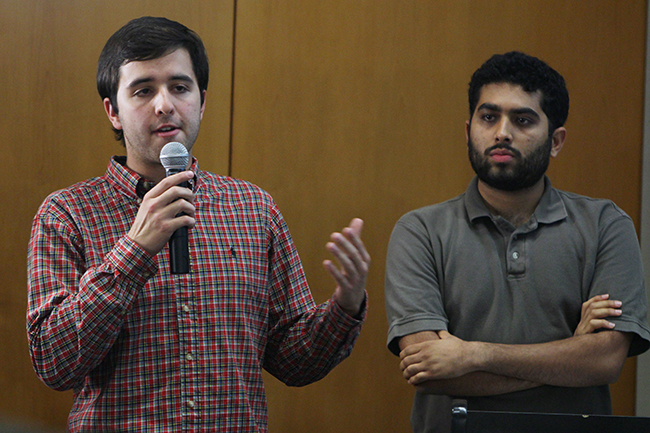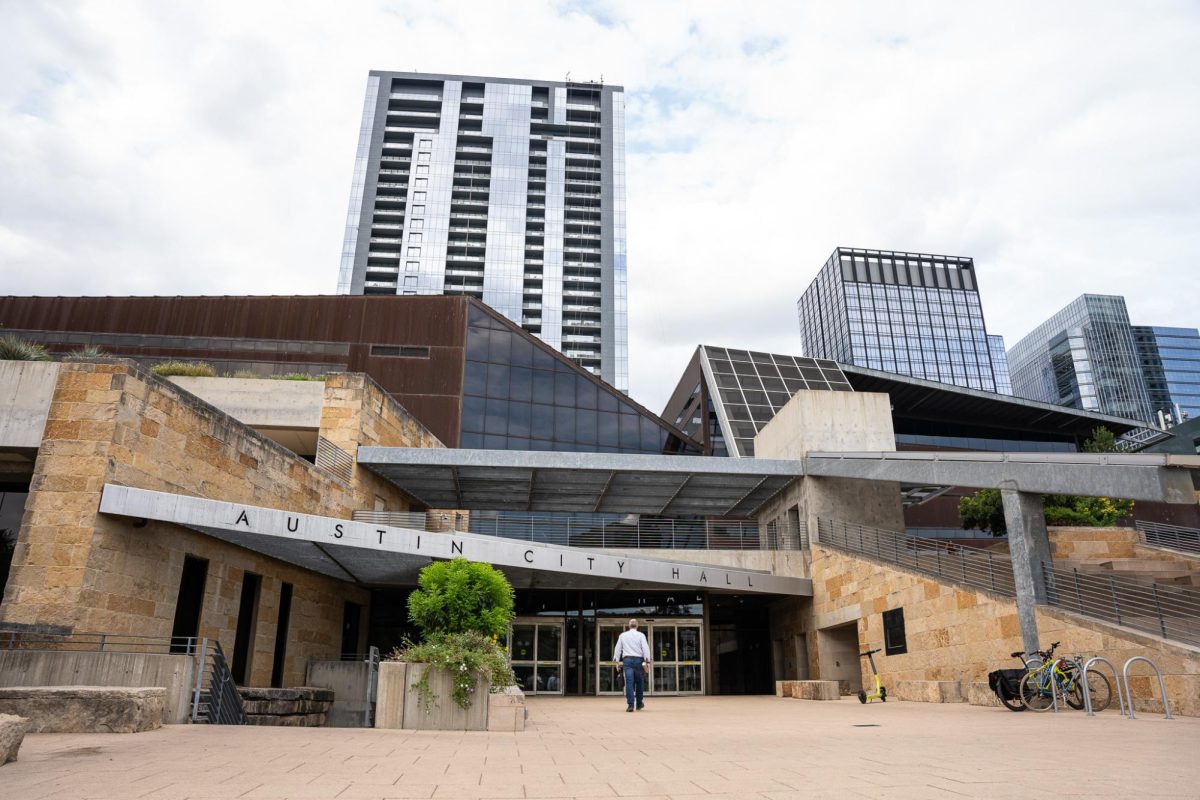Student Government passed a resolution Tuesday in opposition to a United States House Bill which members said would inhibit universities’ abilities to investigate alleged sexual assaults.
The legislation encourages the University to oppose the law, according to Juan Saez, undergraduate studies representative and co-author of the legislation. Saez said University involvement in assault cases is vital to students, and the House Bill would inhibit student reporting and the University’s ability to help. There was no opposition to the SG bill on the floor.
“If the victim or alleged victim refuses to report to police, the University cannot undergo any investigation into the allegation,” Saez said. “If they do report it to the police, during the police investigation, the ability of the institution to investigate is very restricted and to punish is also very restricted.”
H.R. 3403, also titled the Safe Campus Act, would only give universities and colleges an allotted 15 days to take certain actions for survivors, such switching the survivors’ classes or dorm room, if the crime is not reported to the police within 48 hours.
According to Taral Patel, SG chief of staff and co-author of the legislation, the current argument in favor of the Safe Campus Act is that false accusations are sometimes reported. Patel said there are other House Bills that do a better job at addressing this problem, such as the Campus Accountability and Safety Act.
“It has brought together law enforcement, sexual assault survivor groups, universities etc., to come up with a more comprehensive way to help avoid some of those issues of false reporting that do happen every once in a while,” Patel said. “There are other things that are being worked on that are more comprehensive and can actually help further the success of some of these university investigations and the Safe Campus Act does not do that.”
Haley Cook, University-wide representative and co-author of the legislation, said she thinks the SG bill opposing the House Bill has garnered so much support because of the Association of American Universities’ sexual assault survey, which reported that 1 in 5 women at UT reported being assaulted since enrolling at the school.
“I think it’s really important, and I think everyone has realized it is a prominent issue on campus, especially with the sexual assault survey that just came out,” Cook said. “Those were really staggering numbers, and we all believe it’s really important to preserve our University’s autonomy and investigate these allegations.”
A copy of the SG legislation will be sent to President Gregory Fenves, Paul Foster, chairman of the UT System Board of Regents, UT System Chancellor William McRaven, Ellyn Perrone, associate vice president of research-federal relations for UT, Congressman Lloyd Doggett, Congressman Pete Sessions, Congresswoman Kay Granger, Congressman Ruben Hinojosa and John Kline, Chairman of the House Education Committee.





















